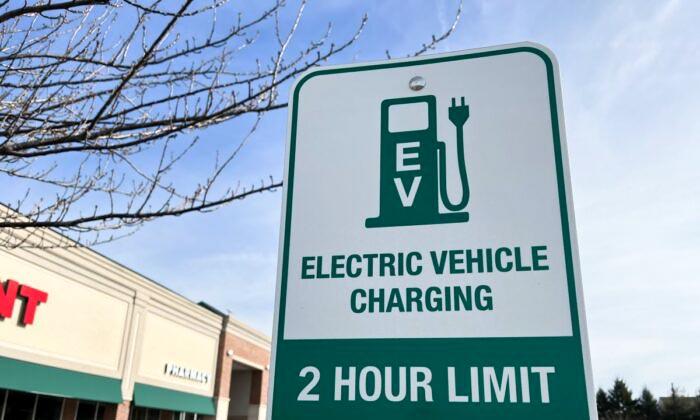Companies backed by the Chinese Communist Party (CCP) may exploit its green energy technology to “achieve strategic, political, and intelligence advantages over the United States,” according to a report released on Oct. 23.
“The growth of these industries furthers the White House’s climate and renewable energy goals” but may pose “significant risks to U.S. critical infrastructure, data security, and supply chain integrity,” said Craig Singleton, the report’s author and a senior fellow at the Foundation for Defense of Democracies, a Washington-based think tank.



